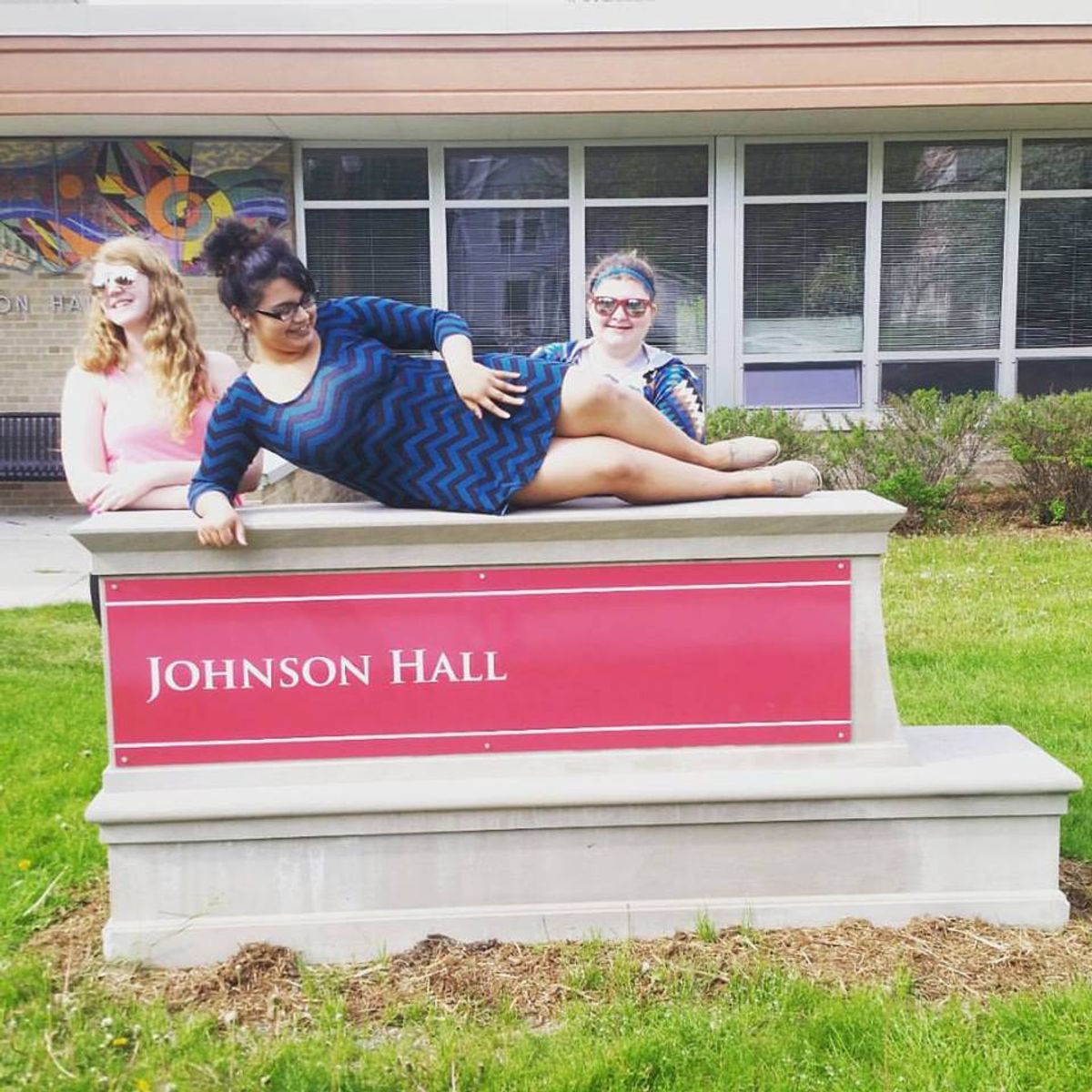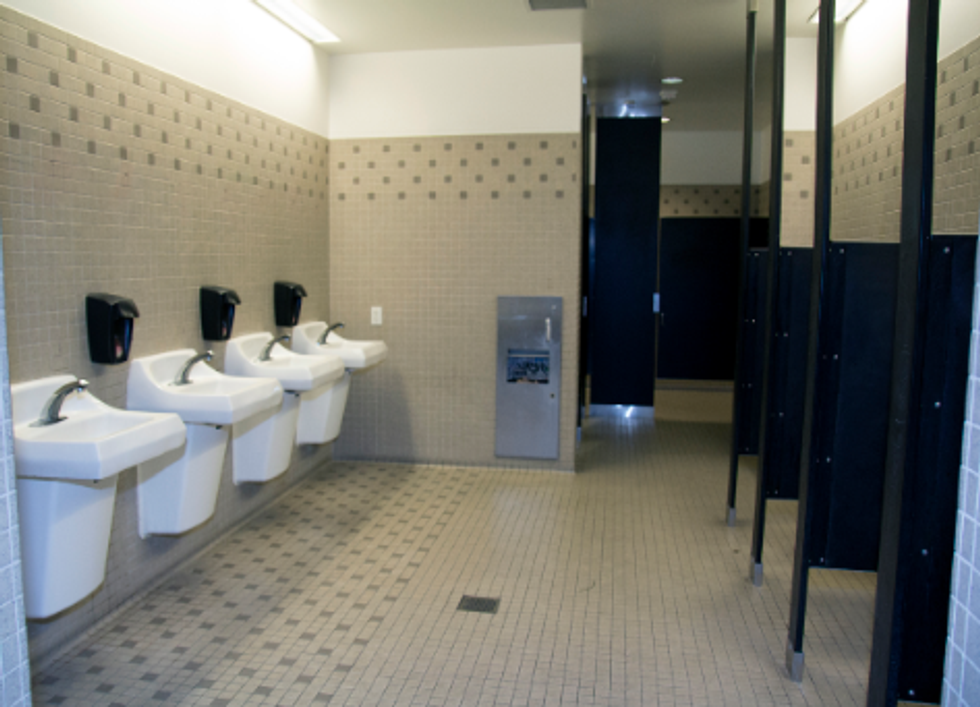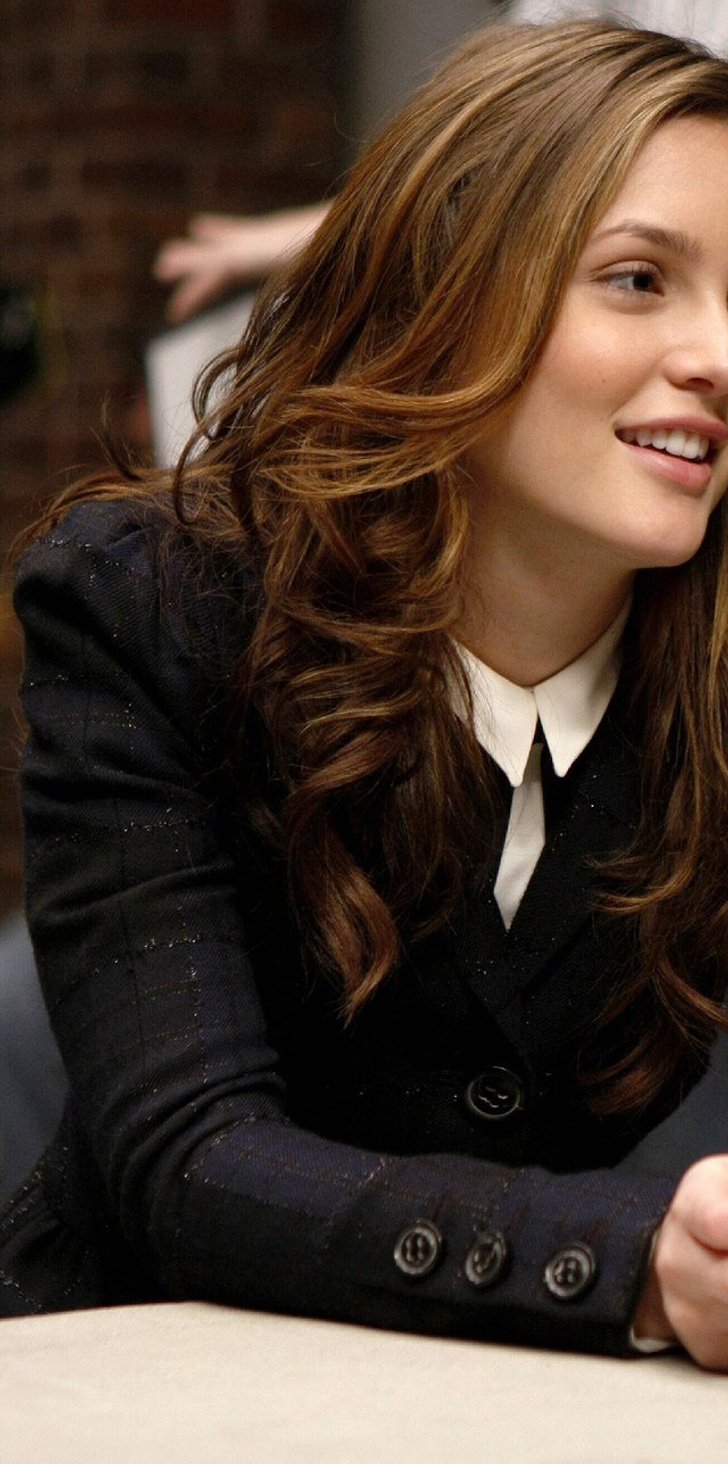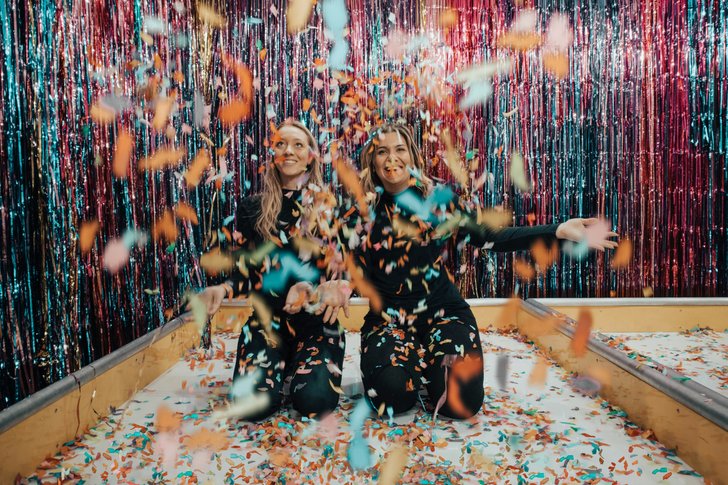"I mean, any fool can have courage. But honor, that's the real reason for you either do something or you don't. It's who you are and maybe who you want to be. If you die trying for something important, then you have both honor and courage, and that's pretty good. I think that's what the writer was saying, that you should hope for courage and try for honor. And maybe even pray that the people telling you what to do have some, too."
--Michael Oher, The Blind Side
I vaguely remember when my family was just a close family of four. My young parents were both hard-working coaches just trying to scrape together any penny they could. While my mother was trying to run her own business, my dad worked as a head football coach for Calvary Day School's high school team. Man, did I love that. I not only got to be my dad’s own little cheerleader, but I got recess every day after school with the football players on the team and the students in the training room. I remember loving this one guy…his name was Demarcus Dobbs. To my four-year-old self, this friendly giant was a big jungle gym. He always played with my sister and me; he was always the first player I would run to.
I remember my parents telling me that Demarcus did not have a home like we did. I had a hard time learning that he had no family and lived at a boys’ home. No mom and dad. Not what my sister and I would call normalcy. Next thing I knew, my favorite football player became our new houseguest! My tiny four-year-old body could not contain my excitement; I had a big brother to play with me! I was so ecstatic that he no longer lived like little orphan Annie did in the movie.
After all those years, whether shooting a basketball or playing Guitar Hero, I never saw a difference between us.
One day, that changed. I received a note saying, “Demarcus is not really your brother. You just say that so you can be famous.”
I could not understand how anyone could even think such a thing. He is my brother. How could something so absolute be absurd to another?
Soon after that, Demarcus went to pick up my sister from gymnastics. When he walked in, my sister Saylor exclaimed to her coach that her brother was here to pick her up. The coach stared in confusion at the 6’6 black boy and the petite white girl. Baby Saylor giggled, saying “I know he is so big and I am so little, but I swear he is my brother!”
You may laugh at the irony of that. The innocence of that story. But that little moment cultivates the mindset my sister and I were raised in; as kids, we did not even see color. We saw his different skin color just like we would see a girl with blonde hair, rather than brown like ours.
With that in mind, it was hard to really grasp the discrimination my brother went through. Yes, this was in the early 21st century, so the laws technically prohibited segregation. But my brother was treated differently. He was the second black person to ever attend Calvary Baptist Day School, a small southern school in Savannah, Ga. While Calvary Day School is now a more moderate high school with a diverse range of ethnicities and cultures, back then Calvary was dense in white, southern, Christian families. Being Demarcus’ friend was cool, but being anything more was social suicide.
I remember the first grade on my birthday. My classmates and I were sitting down for story time when my dad, brother, and some other members of the football team came in to sing happy birthday to me! I was more excited for that song than I was the gifts… but my classmates were flabbergasted that a colored guy could actually be my brother.
I remember playing tag with Demarcus and running into a restaurant once, only to have the security guards grab him and stop him at the entrance. My momma quickly jumped up to explain that he was with us, our family. I often had to unplug the thumb out of my mouth to say “family of five” to the skeptical hostess who asked if we were a party of four. Our entire family handled it with grace; it became a sort of normalcy.
And that is not okay.
To others, Demarcus was black. To me, he was a ride to my friend’s house. My favorite snack maker. My rock band partner.
I never understood racial discrimination until my family experienced the condemnation first-hand from our own community. Soon, I became unafraid to explain that the black player on my football button was my brother. My friends loved him, teachers adored him, and kids looked up to him. I walked in awe alongside my brother throughout my life, being welcomed as a biracial family.
My experiences have taught me to love all people and to respect, rather than judge differences. My brother went on to graduate Calvary. He even got a full scholarship to play football at the University of Georgia and loved it there. He went on to do the unthinkable and play in the pros; he played for the San Francisco 49ers and the Seattle Seahawks!
I guess you could say this story is our own little version of the “Blind Side.”
One thing is for sure. Like Michael Oher transformed his family and everyone else’s lives around him, Dmac transformed mine.
My brother proved everyone wrong. He worked hard and poured his heart into his abilities. All the while, he loved me and made time for our family, regardless of his situation. Demarcus taught me what it is like to have a full heart.
Black or white, tall or short, big or small. This guy, Demarcus Dobbs, is my brother. He isn’t a color. Neither am I. He is my family, and he changed my life.













 Photo by
Photo by 








